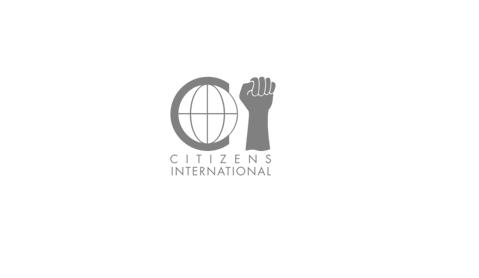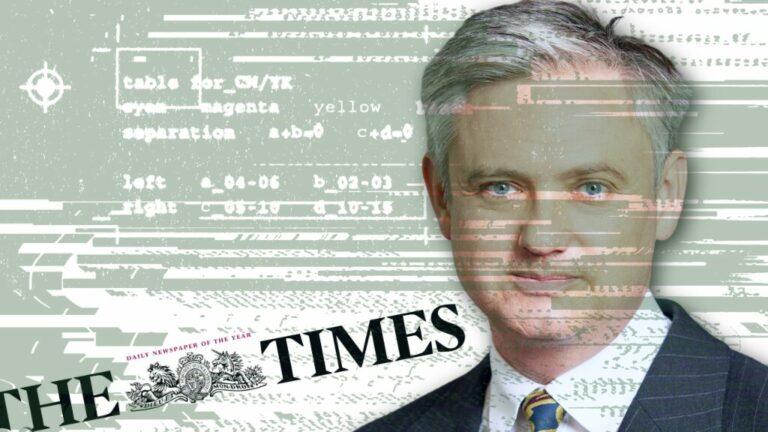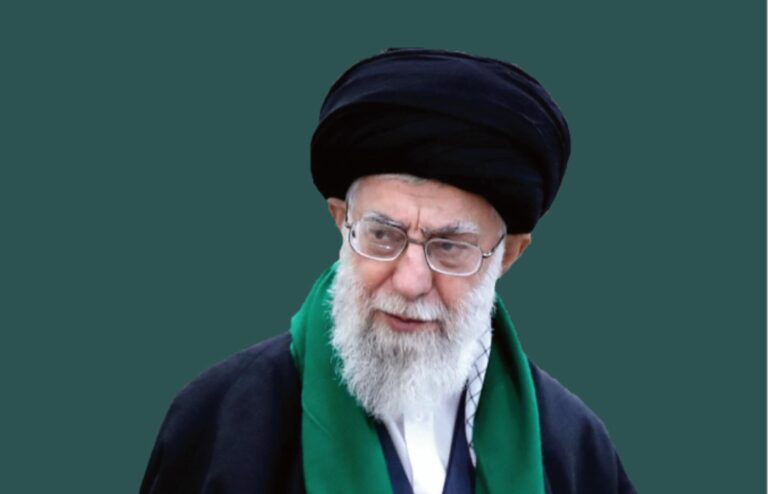Citizens International strongly condemns the Bangladesh Prime Minister Sheikh Hasina and her party, the Awami League (AL), for the judicial murder of the Assistant Secretary General of the Jamaat–e-Islami Mr. Muhammad Kamaruzzaman. The conviction of Kamaruzzaman was based on fabricated hearsay evidence which no independent judiciary would accept.
It is part of Hasina’s scheme to eliminate the Jamaat leadership and Islamic politics in Bangladesh. A number of other senior Jamaat leaders have been lined up for execution after trial and conviction by the Bangladesh kangaroo courts. It is a shame that the United Nations and the international community have done nothing to prevent these judicial murders.
The conviction and execution of Kamaruzzaman has come as no surprise to those who have been following Bangladesh’s International War Crimes Tribunal (ICT) trials. The ICT has no credibility whatsoever and has become a political tool for Hasina and her party, the Awami League (AL), to eliminate the Islamic parties and to break the alliance between Jamaat and the major opposition party Bangladesh Nationalist Party (BNP).
A leaked cable from the US State Department stated that “there is little doubt that hard-liner elements within the ruling party [AL] believe that the time is right to crush Jamaat and other Islamic parties.”
The ICT has been widely criticised by human rights groups, United Nations bodies and renowned legal scholars for failing to adopt international standards to ensure a fair trial and adequate protection of the rights of the accused. The judges appointed to ICT owe their position to the Awami League government headed by Hasina.ÂÂ
The ICT show-trials are intended to convince the Bangladesh public that the Jamaat leaders are war criminals who deserve to be hanged, and that Jamaat should be banned. The verdicts of the ICT have been the result of collusion between government ministers, the Bangladesh chief justice and other senior judges, the prosecutors and the master fabricator Dr Ahmed Ziauddin, a Jamaat-hater who resides in Belgium.ÂÂ
The collusion was exposed by the publication in the British weekly The Economist and the Bangladesh daily Amar Desh of the Skype conversations and the emails between the ICT Chairman Justice Ziaul Haq and Ziauddin concerning the trials. Ziauddin was directing the trials, preparing the judgment in one of the cases, advising the judges and prosecutors on the choice of witnesses and how to deal with applications by the defendants.
The Haq-Ziauddin communication implicates the Chief Justice in the subversion of the course of justice. He promised Haq a promotion if he delivered a fast verdict. A verdict means death sentence because Hasina had warned: “…no one will be able to stop the trial of war criminals. They will be executed on this soil” (The Daily Star, 3 March 2013)
The Haq-Ziauddin communication reveals the collapse of the independence and impartiality of the judiciary in Bangladesh which has led to a break down in law and order and serious violations of human rights by the Awami League members and supporters against their political rivals. Bangladesh has become a one-party dictatorship where terror rules. All the major institutions – civil service, judiciary, military, the internal security apparatus and the media – have been co-opted by Hasina and her party to serve their agenda.
When the democratic process is aborted and the rule of law ceases to exist, victims of state terror would turn to violent methods to defend their rights and obtain justice. The state which terrorises its people would label such violence as “terrorism”.ÂÂ The late Nobel Peace Prize winner, and a revolutionary, Nelson Mandela’s statement in court in 1964 on the use of violence by the victims of the South African apartheid regime is pertinent to the situation in Bangladesh. He said:
“I must deal immediately and at some length with the question of violence…I do not, however, deny that I planned sabotage. I did not plan it in a spirit of recklessness, nor because I have any love of violence. I planned it as a result of a calm and sober assessment of the political situation that had arisen after many years of tyranny, exploitation, and oppression of my people by the Whites.”
If the international community continues to ignore the tyranny and lawlessness in Bangladesh, some of the victims will certainly resort to violent means to put an end to their suffering. Such a development is bound to have serious implications for peace and stability in the region. We, therefore, appeal to the United Nations Security Council to:
- Demand that the Bangladesh government stop further execution of the death sentences passed by the ICT
- Take cognisance of the breakdown of law and order and the collapse of the democratic institutions in Bangladesh and to take urgent steps to restore democracy and protect human rights there.
- Institute sanctions on the supply of arms and weapons to Bangladesh.
- Refer to the International Criminal Court for investigation of the crimes against humanity committed by the Bangladesh government ministers and officials and to prosecute and punish those responsible.
- Refer to the International Criminal Court all the cases pending before Bangladesh’s International Crimes Tribunal or on appeal to the Bangladesh Supreme Court.
We also call upon the people of Bangladesh to rise up and overthrow the tyrannical regime of Shaikh Hasina and elect a democratic and just .government. We support the resistance to the tyrannical regime and urge all democratic forces throughout the world to provide help and assistance to it.
S.M. Mohamed Idris
Chairman
CITIZENS INTERNATIONAL is a global initiative from Penang, Malaysia. It seeks to analyse the causes of increased militarisation of the planet and to work towards an environment of peace and international security including the preservation of social justice, ecology and sustainable development. CI also intends to support the development of traditional knowledge systems.






